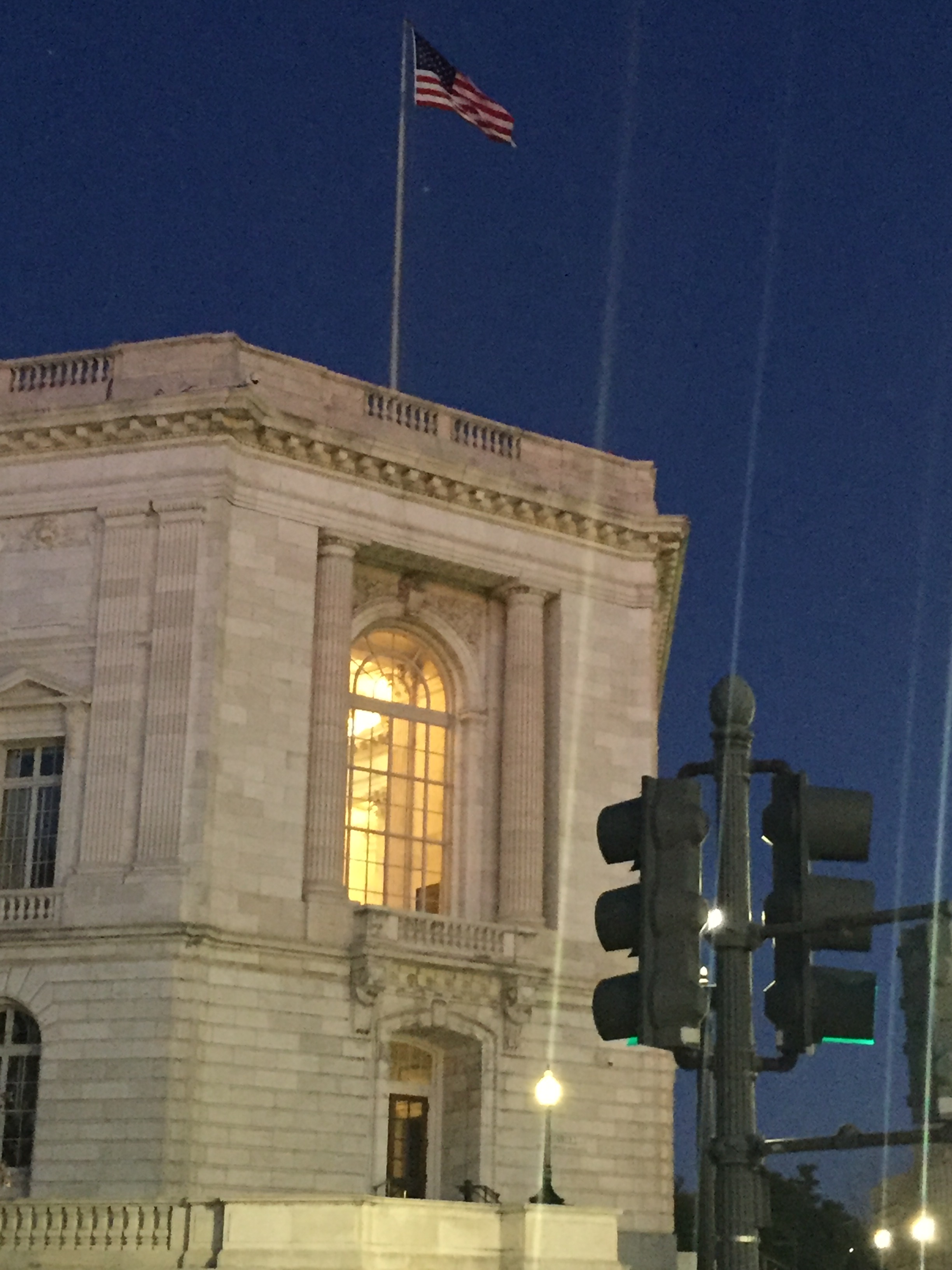Speaker Pelosi (D-CA) introduced the next COVID-19 response legislation entitled the HEROs Act. The legislation is more than a $3 trillion package (CAREs was a $2 trillion package). The legislation includes more than $1 trillion dollars for State and local governments, funding for hospitals and frontline workers, and additional funding for individuals that can amount to as much as $6,000 per family.
Below are highlights from the transportation section.
Transit:
The funding package includes $15.75 billion. Of which:
- $11.75 billion is allocated to urban areas over 3 million people. The legislation divides the funding between the fourteen regions using two formulas – State of Good Repair (85%) and Urban Area Formula Funding (15%)
Region Population
New York-Newark, NY-NJ-CT 18,351,295
Los Angeles-Long Beach-Anaheim, CA 12,150,996
Chicago, IL-IN 8,608,208
Miami, FL 5,502,379
Philadelphia, PA-NJ-DE-MD 5,441,567
Dallas-Fort Worth-Arlington, TX 5,121,892
Houston, TX 4,944,332
Washington, DC-VA-MD 4,586,770
Atlanta, GA 4,515,419
Boston, MA-NH-RI 4,181,019
Detroit, MI 3,734,090
Phoenix-Mesa, AZ 3,629,114
San Francisco-Oakland, CA 3,281,212
Seattle, WA 3,059,393
Urbanized Areas over 3.0 million
- $4 billion is set aside for the FTA to provide direct assistance based on need. The funding would be available to all provides of public transportation including designated recipients, direct recipients, sub-recipients, and intercity bus providers who have a contract with a municipal entity to provide service. Roughly 18% of the funding may be used to provide funds to those public entities that provide transit services but are not one of the entities listed above.
In addition to the funding, the HEROs Act requires transit agencies to take steps to protect workers and passengers including providing protective gear to drivers and employees, requiring riders to wear masks, and setting protocols for cleaning.
Highway funding
The HEROs ACT includes $15 billion of funding for State DOTs, this is significantly less than the $50 billion requested by AASHTO. The funds will be allocated to States based on traditional allocation formulas. Additionally, the legislation requires States to sub-allocate a portion of the funding to metropolitan areas.
Next Steps.
The House is set to take up the legislation on Friday despite Republican objections that the legislation in its entirety is a party-line wish list. Many in the Senate have declared it dead-on-arrival. While another relief bill is expected, it is unlikely that the final product will look like the HEROs ACT. However, there may be bi-partisan support for the transportation provisions.







